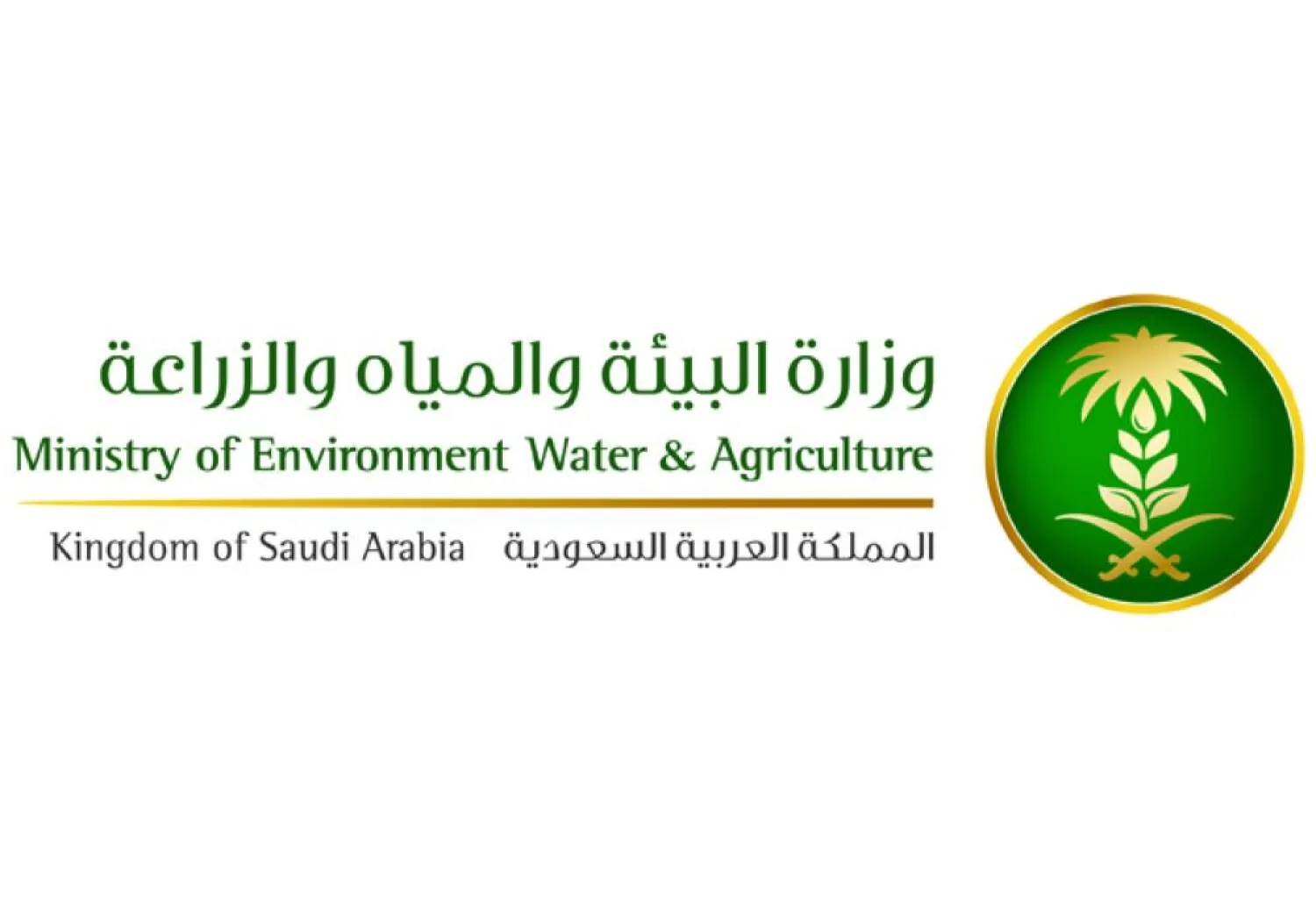A number of small and medium dairy product companies in Saudi Arabia are considering merging.
According to Asharq Al-Awsat, the small and medium dairy firms in the Kingdom have an opportunity to merge -- this step is expected to achieve an increase in the companies’ capacity in production and outreach to customers, instead of only selling raw products to giant companies.
Furthermore, the decision to halt the production of green fodder locally would likely push towards merger among the small and medium dairy firms, especially since some of these small companies will not be able to directly import fodder, which requires direct financial and managerial capabilities.
Mergers might help prolong the longevity of firms in a way that allows them to regain part of their capital put into the industry. Studies revealed recently that small dairy companies will definitely merge with giant companies.
These developments at a time Saudi Arabia announced an implementation mechanism of the regulations regarding halting green fodder production.
During a news conference in Riyadh, the Ministry of Environment, Water, and Agriculture said that the farmers in the country will be compelled in the future to issue an agricultural record by which the kind of activity, the cultivated space and the farm coordinates are determined.
In a related matter, Undersecretary of the Ministry of Environment, Water and Agriculture Eng. Ahmed al-Ayada revealed that the ministry’s approach stems from its keenness to maintain resources of underground waters.









